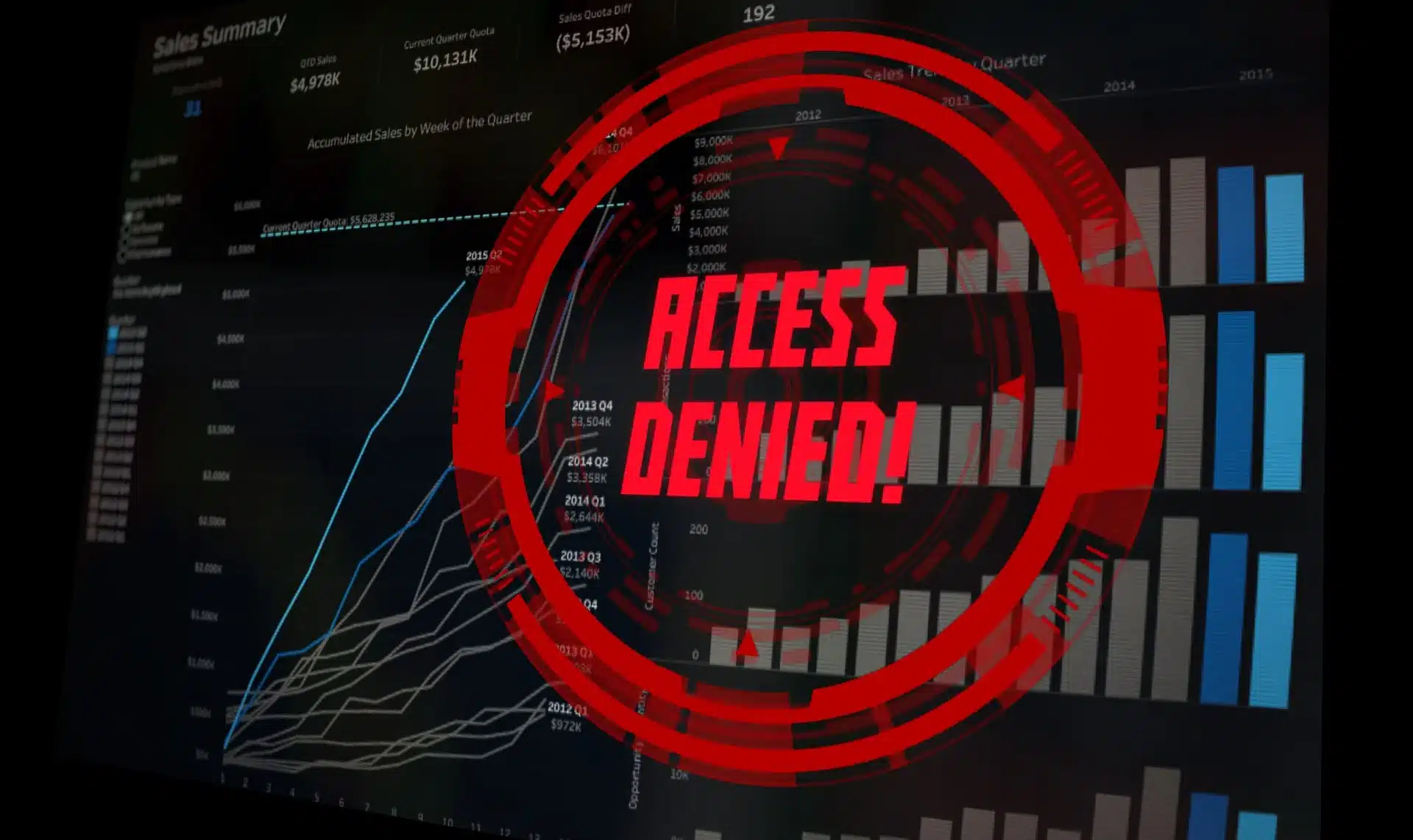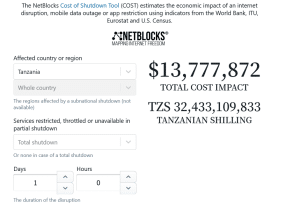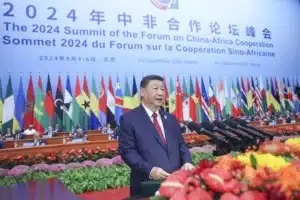
Tanzania Internet Restrictions Restrict Economic Opportunities
A Nobel Prize winner in economics, Amartya Sen, gave a good concept of development. In his book Development as Freedom, he writes, “We live in a world of unprecedented opulence, of a kind that would have been hard even to imagine a century or two ago.” Among other things that have brought this unprecedented opulence is digital.
The digital revolution has brought a number of opportunities that would not have been easy to imagine some years ago. It is now possible for someone to become a billionaire just by making TikTok videos. Digital has increased freedoms for people to choose; leveraging digital platforms has increased financial inclusion, communications, advertisements, etc.
Regardless of the benefits that digital has brought, sometimes the environment is not conducive for further innovations. Some countries face partial or full internet restrictions. These restrictions have negative effects on the economy and limit economic freedoms that people enjoy in the digital world. NetBlocks estimates the cost of internet shutdowns; for Tanzania, a one-day internet shutdown cost the country almost $14 million.
The internet restrictions in East Africa
Regardless of the economic freedoms that the internet provides, East African countries have been restricting the internet for various reasons. The restrictions happen when there is political tension such as strikes or general elections. In 2020, WhatsApp and other social media were inaccessible during the election month in Tanzania. Similarly, Uganda experienced some restrictions during its election in 2021. In Tanzania, social media like X (twitter) are inaccessible; the government said it was banned as it spreads pornography, however, some people argue that X’s audience is more politically informed. Now JamiiForums, which is the biggest political platform in Tanzania, has been suspended for 90 days. The case of JamiiForums shows some political issues in it, as the ban is from September 6 to December and election day is October 29. In 2018, Tanzania issued online content regulations which required bloggers and vloggers to pay fees to conduct their services.
Studies have shown that the more people are connected, the more they disapprove the government. This is because when people are connected, they get easier access to information than through traditional means of information, which the state can dictate what to air. That being the case, it may be the reason why politically strong platforms are not welcomed in some countries.
The issue of limiting the internet or some internet services is what I call digital boundaries, although the internet is global. The boundaries limit the ability of people to innovate and compete in the global market. There could be a need for having a digital innovation hub like Silicon Valley, a globally recognized hub for technology and innovation, located in the southern San Francisco Bay Area of California. Our environment, which does not support innovations, makes people like Benjamin Fernandes known somewhere else rather than in his home country.
While working to address the existing digital gap, restricting the internet or social media platforms does no good in alleviating the problem. Internet penetration is also nothing if someone is restricted from choosing from the choices that the internet comes with.
Restricts limits opportunities.
Keeping the boundaries on digital services limits not only the freedom of speech and expression but also the economic opportunities that young people are enjoying. It also affects government revenue, as one of my preprinted articles has shown. The United Nations recognizes internet access as a human right, and it has been recommended not to restrict the internet even at the time of social unrest. Agriculture is an important sector, but we should not use that as an escape route, claiming that people should be in farms instead of being online. In the digital world, even farmers need the internet and internet services to digitalize agriculture.
In seizing digital opportunities, the internet has to be accessible and affordable. With the number of people unemployed or underemployed, the internet can fill the gap by giving young people opportunities. There is no logical reason to set any internet boundary; otherwise, we will not win the global development race, which is now into Artificial Intelligence (AI).
State actors need to establish a framework that will guarantee affordability, accessibility, and availability of the internet at all times. The framework will increase the confidence of young people to innovate, which will lead to more employment and hence economic growth.
Internet freedom is not just internet freedom; it is a space for economic freedom in the digital world.




